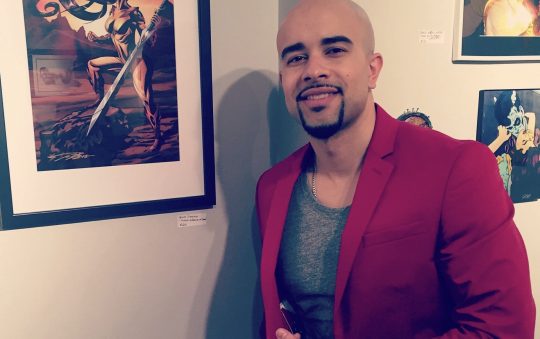
Brown University expanded its report on its own historical ties to the transatlantic slave trade but says it has no current plans to pay reparations to descendants of enslaved people who worked on the campus.
The Ivy League university on Friday released its expanded second edition of the report, originally released in 2006, amid a renewed national conversation on slavery’s legacy.
Undergraduate students this spring voted overwhelmingly for the university to identify the descendants of enslaved people who worked on campus and begin paying them reparations.
When asked Friday whether the university was doing so, spokesperson Brian Clark said that there is no active process to identify descendants or pay reparations, but that it’s a question that continues to be relevant.
Zanagee Artis, a current senior at the school, said the administration is not listening to students’ voices.
“It is not taking action on what students voted for in the referendum,” Artis, the parliamentarian for the student government when the vote occurred, said Friday. “Where the report might represent progress shaping policies and curriculum and culture, it’s inadequate because it’s not what we voted for.”
The exhaustive historical report was first released in 2006, and the school dedicated a slavery memorial in 2014, among other efforts.
Brown was formally chartered in 1764. Its founder, the Rev. James Manning, freed his only slave but accepted donations from slave owners and traders, including the Brown family of Providence. Nicholas Brown, a wealthy merchant, was listed in the school’s charter. His brother, John Brown, a slave trader, paid for half the cost of the college’s first library.
In the foreword for the update, Brown President Christina Paxson wrote that she believes institutions of higher education have a responsibility to continuously reevaluate their progress toward full equity.
She wrote about the pandemic disproportionately affecting minority communities and exposing racial inequities in health care, “the horrific killings of George Floyd, Breonna Taylor and far too many others at the hands of police,” and voter suppression efforts.
“It is through the lens of these complex issues, inextricably intertwined with the legacies of slavery, that we revisit the Slavery and Justice Report,” she wrote. “American society in the twenty-first century demands that institutions of higher education continue to evolve and respond to the complex world in which we live as we interpret our past.”
Clark said that the university continues with a number of initiatives based on recommendations from a steering committee in 2006 and an “Anti-Black Racism” task force last year. Among them, the university set up an endowment to educate students from Providence and a program to help prepare them for college, and the Center for the Study of Slavery and Justice continues its research at the university.







